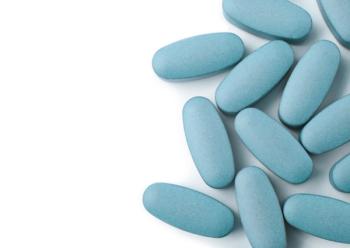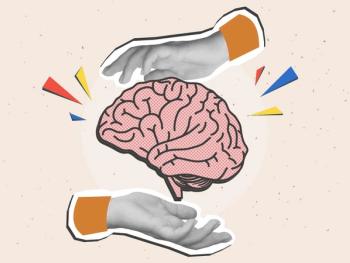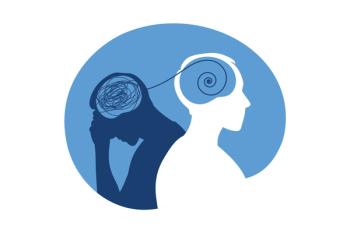
An Extra Cup: Caffeine Intake and Symptoms in Patients With Bipolar Disorder
Doctor, can I have an extra cup of caffeine? Researchers performed a systematic review of studies of caffeine consumption and clinical symptoms in patients with bipolar disorder.
RESEARCH UPDATE
CASE VIGNETTE
Ms P is a 52-year-old Caucasian female with bipolar I disorder, most recent episode depressed with psychotic features. Her mood disorder has been stable on ziprasidone, with no psychiatric hospitalizations in the past 5 years. She smokes 2+ packs of cigarettes per day over 30 years. Ms P drinks a large quantity of caffeine daily: she routinely brings a 44-ounce cup of soda with her to clinic visits, and states that she drinks at least 2 of these cups daily. She also has comorbid hypertension and chronic obstructive pulmonary disease, for which she is adherent with medication. At a recent outpatient appointment, Ms P noted that her mood was euthymic, and there was no evidence of psychosis. She reported sleeping 6 to 7 hours per night and denied significant anxiety. Ms P’s psychiatrist regularly provides psychoeducation on reducing her caffeine intake.
Caffeine is the most commonly consumed psychoactive substance worldwide, primarily via tea and coffee. Caffeine is an adenosine A1 and A2A receptor antagonist that
The Current Study
Accordingly,
From 1678 records, the authors reviewed 25 full text articles for eligibility, of which 17 met inclusion criteria. These 17 studies included 10 case reports, 5 cross-sectional studies, 1 cohort study, and 1 single-arm interventional study. None of the studies used objective, standardized methods to measure caffeine intake, instead relying on self-report.
One cross-sectional study found that patients with (bipolar or unipolar) depression reported more anxiety in response to caffeine compared to controls with no psychiatric illness. Patients with
Study Conclusions
The authors concluded that although there may some relationship between caffeine consumption and symptom severity in patients with BD, the evidence is nonsubstantive given the small number of (noncase report) studies, inconsistent findings, and inadequate consideration of potential confounding factors. The primary limitation of the present review was that the majority of included studies were case reports. Potential mechanisms whereby acute increases in caffeine may precede the onset of manic episodes in patients with BD include direct stimulant effects, modulation of sleep patterns, and/or effects on metabolism of mood stabilizers. However, increased caffeine intake could also be a prodromal sign of impending mania, or a consequence of a manic episode.
The Bottom Line
Further rigorously-designed studies with consideration of potential confounders are needed to determine whether caffeine use impacts long-term prognosis in BD.
Dr Miller is professor in the Department of Psychiatry and Health Behavior, Augusta University, Augusta, Georgia. He is on the Editorial Board and serves as the schizophrenia section chief for Psychiatric TimesTM. The author reports that he receives research support from Augusta University, the National Institute of Mental Health, the Brain and Behavior Research Foundation, and the Stanley Medical Research Institute.
References
1. Fredholm BB, Bättig K, Holmén J, et al.
2. Poole R, Kennedy OJ, Roderick P, et al.
3. Stafford N, Colom F.
4. Hospital Clínic Barcelona: Frequently asked questions. Clínic Barc. Accessed 5 July, 2020.
5. Goodwin GM, Haddad PM, Ferrier IN, et al.
6. Frigerio S, Strawbridge R, Young AH.
Newsletter
Receive trusted psychiatric news, expert analysis, and clinical insights — subscribe today to support your practice and your patients.







